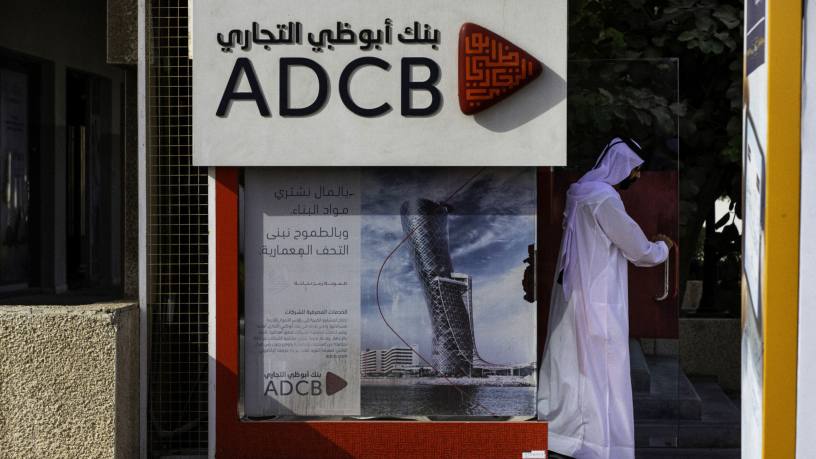After five frenetic years, the pace of consolidation within the banking sector in the Middle East and Africa has run out of steam. Following the creation of megalenders such as First Abu Dhabi Bank and Saudi National Bank via a wave of mergers, acquisitions have become smaller and less common across the region, as improving economic conditions reduce the impetus on lenders’ shareholders to shore up their position by joining forces with local rivals. The pace of consolidation has also slowed across much of Africa, with Egypt — which saw the recent acquisition of the former banking operations of two Lebanese banks by Gulf players — being a notable exception.
Of greater significance across both regions has been a steady increase in funding for fintechs, including neobanks and providers of buy now, pay later (BNPL) and payment solutions. Israeli neobank One Zero, set to launch in the coming months, has attracted $120m worth of funding from investors including Tencent, Julius Baer and Japan’s SBI. Australia’s Zip, meanwhile, acquired Dubai-based BNPL provider Spotii for an enterprise value of $20m, building on an existing 20% stake in the company.
It is in Africa, however, where fintechs are creating the most interest, with fintech ecosystems in major economies such as South Africa, Nigeria and Egypt attracting significant attention — and funding — from the international investment community. After attracting $170m worth of financing in 2021, Nigerian payments firm Flutterwave announced a further $250m worth of Series D funding from investors, valuing the firm at a staggering $3bn. With large swathes of the Africa’s population still unbanked, the continent’s fintechs can expect to attract similar levels of interest for some time to come.












